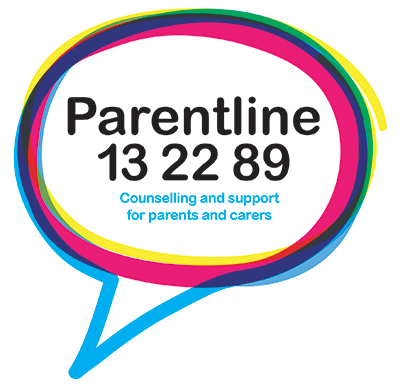Postnatal Care
- Introduction
- Will I Need Medicine?
- What Happens When I Go Home?
- Feeding Your Baby
- Sleeping
- Family Planning and Contraception Choices
- Helplines/ Useful Information
Postnatal Care
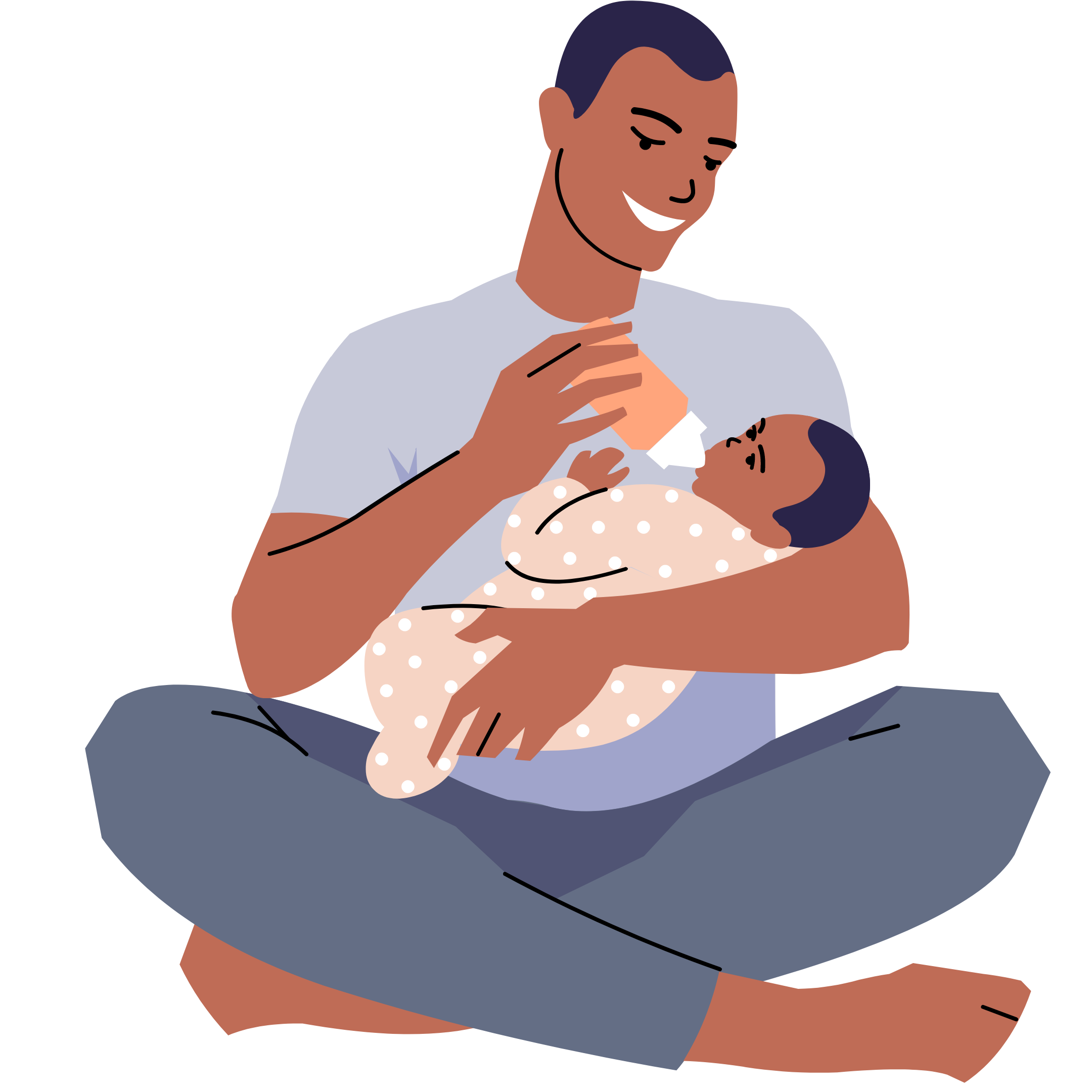
Read this article to learn more about what you can do to feel better after you have your baby.
You will also learn about what happens when you go home, feeding your baby and family planning choices.
How long will it take to recover?
- After you give birth, you should rest and give your body time to recover.
- You can put ice in the maternity pad in your underwear for 20 minutes every 2-3 hours to reduce swelling and pain.
- You can also ask your midwife or doctor for regular pain relief medication.
- Wearing compression underwear can give you support and reduce pain.
- Most public hospitals will let you stay for 2-3 days after the birth of your baby.
- This will depend on whether you had a vaginal birth or a caesarean section (C-section).
- Private hospitals will let you stay longer, and many will also let you move to a hotel for some of the stay.
- You can eat and drink anything you want.
- However, avoid drinking alcohol, drinks with a lot of caffeine and smoking cigarettes as this will help you heal sooner and is better for your overall health.
- You should drink lots of water when you are breastfeeding.
- Doing this will help you heal and help you increase you breast milk supply if you plan to breastfeed.
- Some new mothers experience feelings of sadness and depression after the birth of their child.
- This is not uncommon, but you should talk to your doctor if it affects your daily life. You can also call PANDA if you are unsure on 1300 726 306.
- They specialise in perinatal anxiety and depression.
- This is not uncommon, but you should talk to your doctor if it affects your daily life. You can also call PANDA if you are unsure on 1300 726 306.
Information for this page has been sourced from World Health Organization, Parentline, Australian Breastfeeding Association, TIS National, PANDA, Pregnancy Birth Baby and The Women’s Hospital
Will I Need Medicine?
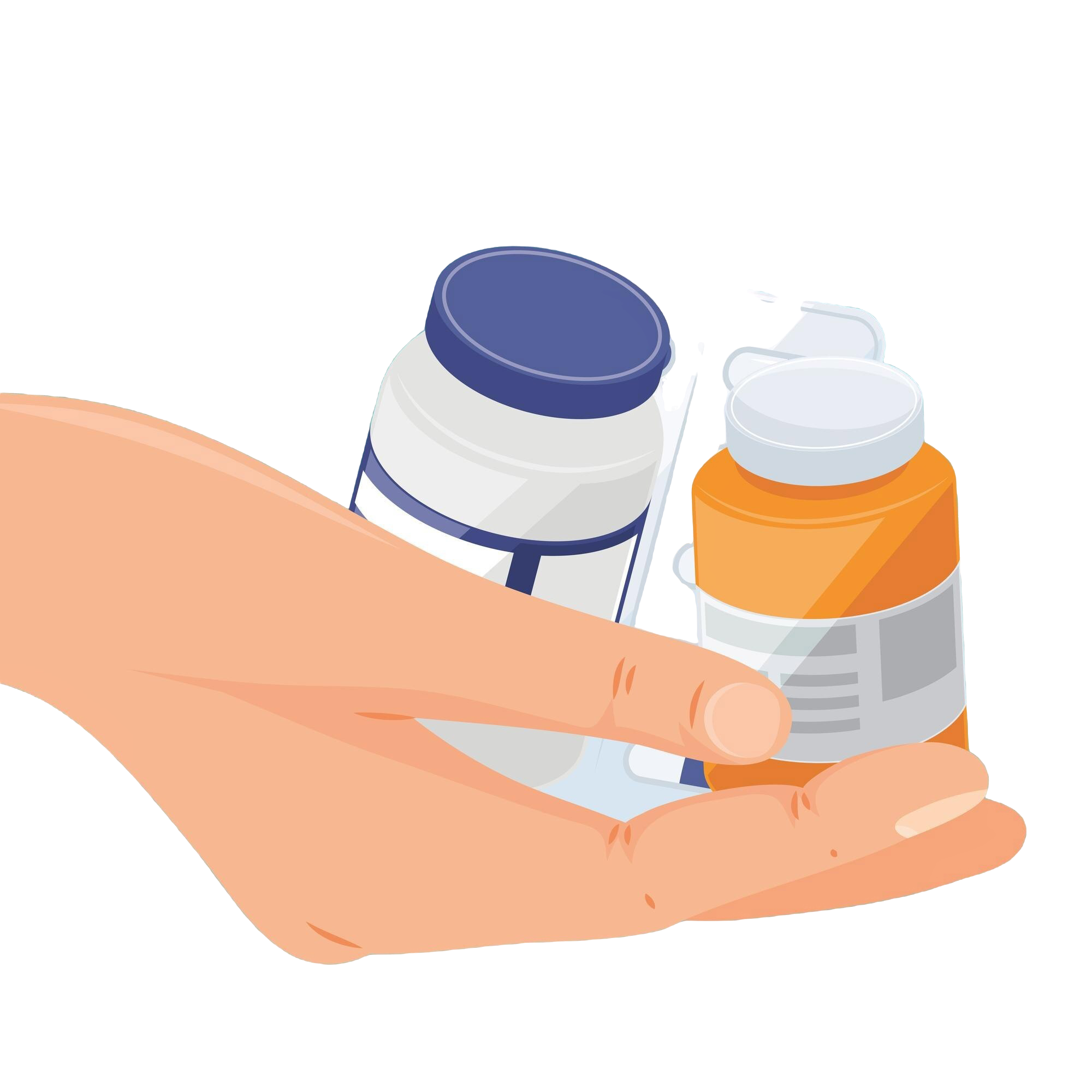
- Your doctor or nurse might recommend Vitamin C or Iron tablets for the first 6 weeks after birth.
- They may also give you immunisations if your immunity is low such as the Measles, Mumps, Rubella (MMR) or Whooping Cough (Pertussis) vaccine.
- Your family or anyone who will be around the baby should also get the same immunisations.
- If your nipples hurt when you breastfeed, you can buy special pads to help them heal.
- You can also leave some breast milk to dry on the nipples to help you heal faster.
Learn More
What Happens When I Go Home?

- The maternal child health nurse (MCH nurse) will visit you within the first week of coming home.
- You will go to your local MCH clinic for all other mother and baby checks.
- You should also visit your doctor or MCH nurse around 6 weeks after birth for a health check.
- You can join a mothers’ or parents’ group in your local area to meet other people with children the same age as yours.
- Your MCH nurse will discuss this with you more.
Learn More
Feeding Your Baby
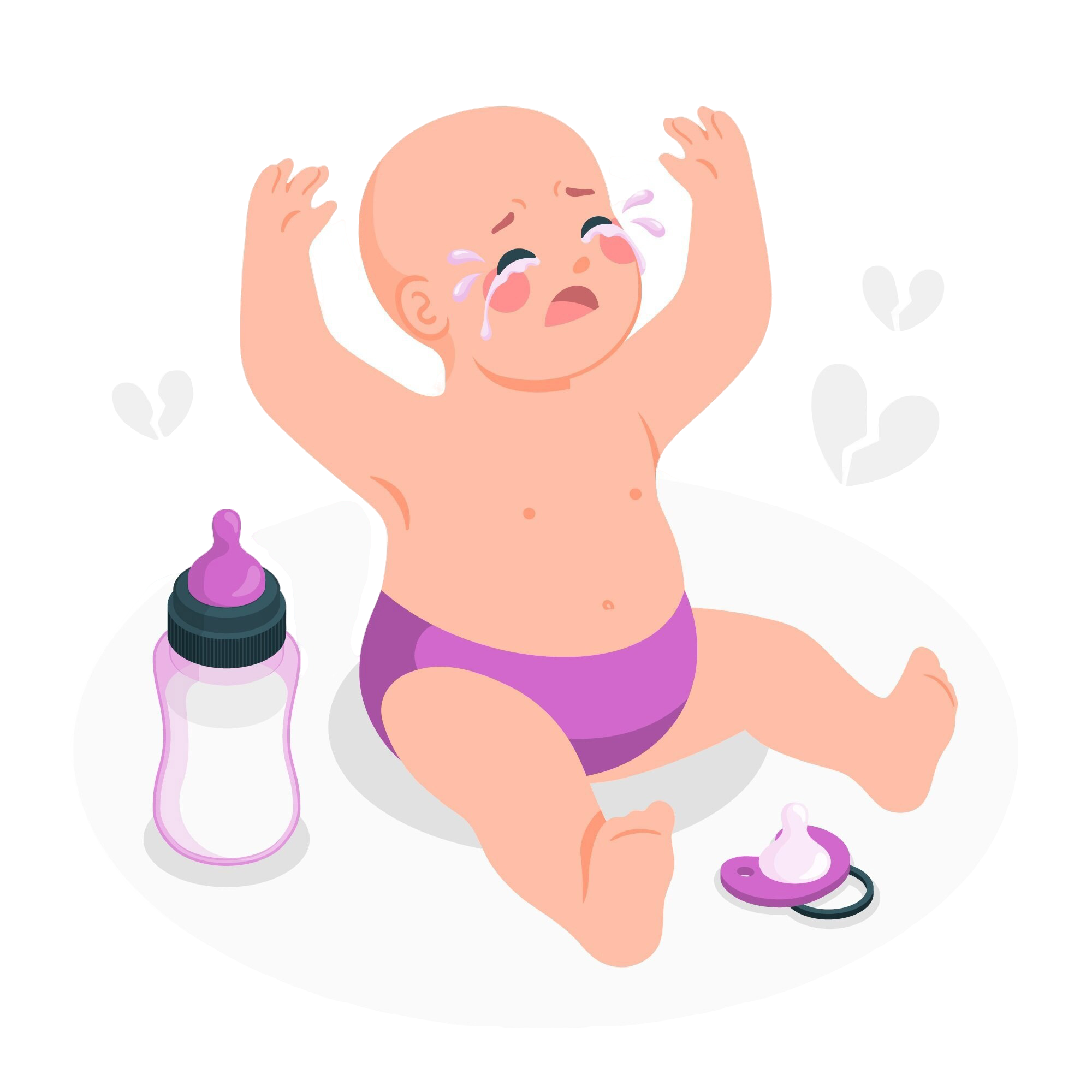
- Breastfeeding gives your baby all the nutrients they need.
- It can also help you to bond with your baby. Bonding means getting closer to each other emotionally.
- Learning to breastfeed is difficult for many mothers.
- It can be a frustrating and emotional experience at the beginning, but it usually gets better after the first few days.
- Your midwife, maternal child health nurse and lactation consultant (breastfeeding specialist) can help you and your baby with breastfeeding.
- After having your baby, you will get the information about how to access these services in the postnatal ward.
- You can learn about the best positions to start breastfeeding in the links below.
- World Health Organization guidelines recommend breastfeeding for up to two years and but can slowly start giving solid food to your baby from 6 months.
- If you cannot breastfeed or choose not to, formula can help supplement your baby with the nutrients they need to grow.
- Talk to your midwife or MCH nurse to choose the best formula for you and your baby.
- Breastmilk and formula both have water, so you should not give water to your baby (including coconut or sugar cane water) until they are at least 6 months old.
Learn More
Sleeping

- Babies sleep a lot in the first few weeks and their sleeping times are not always convenient for parents.
- You should try and take short naps when your baby is napping.
- It is important for you to learn about your baby’s ’tired signs’.
- Understanding these signs can be difficult in the first few weeks and it is OK to not always know if your baby is crying because they are hungry, tired, need a nappy change or just having an unsettled period.
- Your MCH nurse and midwife can help you learn about sleeping patterns and signs of tiredness in newborn babies
- Parentline is a great service if you are unsure and need to talk to someone.
- You can call them between 8am-12 midnight every day of the year on 13 22 89.

- The Australian Breastfeeding Association (ABA) runs the National Breastfeeding Helpline 1800 mum 2 mum which is available 24 hours a day, every day of the year .
- You can call them on 1800 686 268.
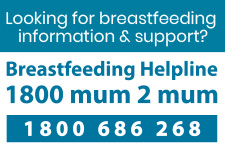
Don’t forget you can use TIS National if you need interpreting support by calling 131 450.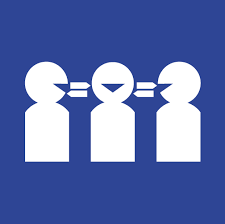
Learn More
Family Planning and Contraception Choices

- After you have your baby, it is important to give your body the time it needs to heal before you get pregnant again.
- Even if you are breastfeeding your baby, you can still become pregnant after having unprotected sex (sex without using a condom or birth control).
- Most health professionals recommend waiting at least 6-12 weeks after your baby is born before having sex .
- Knowing your family planning options means you can choose what works best for you and your plans for having more children if you want them.
- Many doctors will recommend the “Mini-Pill” if you are breastfeeding as it has less hormones than the regular pill.
- There are many other contraception methods that are safe, effective and easy to use including:
- condoms (male or female)
- the oral contraceptive pill (known as “the pill”)
- hormonal implants (for example, Implanon, Nexplanon)
- hormonal injections (for example, Depo Provera)
- intrauterine devices (IUDs)
- diaphragms and cervical caps
- vaginal rings (for example, NuvaRing)
- Lactational Amenorrhea Method (LAM).
- You can also use emergency contraception (also called, the morning after pill) up to 5 days after having unprotected sex.
- Talk to your midwife, MCH nurse or doctor if you want to use any of these methods to avoid pregnancy.
- Condoms are the only contraception method that protect you from sexually transmissible infections.
See Shifra’s section on Contraception for more
Links:
- Recovery after caesarean: The first 6 weeks
- New baby checklist: home and baby equipment
- Pelvic floor care
- Newborns health and daily care
- Benefits of a mothers’ group
- Becoming a confident parent
- After birth: services and support
- How to breastfeed: getting a good attachment
- Bottle and formula preparation
- Newborns sleep
- Baby Cues video guide
- Bathing a newborn safely
- Dressing a Newborn
- Changing a nappy
- Wrapping a newborn
Last reviewed: Jun 2022

